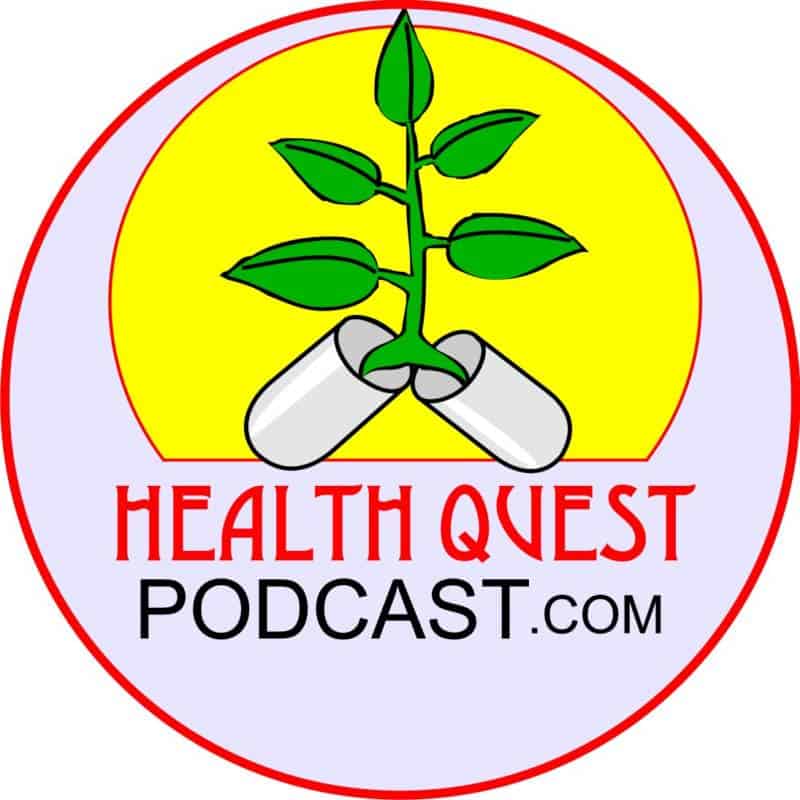Click here to listen.
In this interview, Dr. Douglas Kalman, Senior Vice President of Scientific and Regulatory Affairs for TheNatural Products Association (NPA), discusses some ofthe legal and regulatory issues regarding Delta-8 THC.He will contrast the differences between cannabidiol (CBD) and Delta-8 THC derived from hemp. Is it legal on a federal and or state level? It does seem that FDA is beginning to take some action towards Delta-8 THC.
Many people think that anything derived from hemp is now legal because of the 2018farm bill. Dr. Kalman discusses the distinctions and what consumers need to know. It seems confusing because many make assumptions that are not necessarily true.
Many assume that that CBD and Delta-8 THC must be legal because they are being sold seemingly everywhere. If they were not legal, then why would FDA continue to allow the products to be sold. This apparent lack of enforcement is thought to mean, they must be legal.
What is Delta-8 THC?
Delta-8 tetrahydrocannabinol, also known as delta-8 THC, is a psychoactive substance found in the Cannabis sativa plant, of which marijuana and hemp are two varieties.Delta-8 THC is one of over 100cannabinoidsproduced naturally by the cannabis plant but is not found in significant amounts in the cannabis plant. As a result, concentrated amounts of delta-8 THC are typically manufactured from hemp-derived CBD.It is important for consumers to be aware that delta-8 THC products have not been evaluated or approved by the FDA for safe use in any context. They may be marketed in ways that put the public health at risk and should especially be kept out of reach of children and pets.
Be aware that there is no oversight of delta-8 products. It is not regulated as a legal substance. There are numerous significant issues included safety, efficacy, potency, purity and so on. No one is looking out for these concerns. You are on your own.Delta-8 is not a nutritional supplement. Delta-8 should not be confused with CBD.










